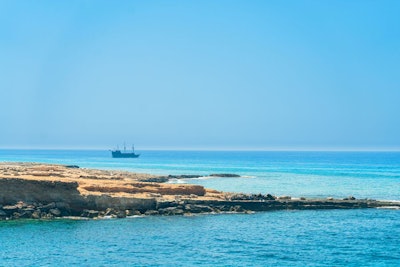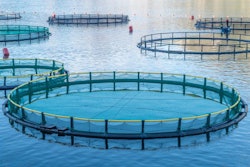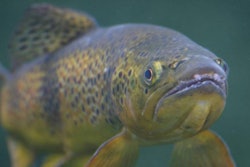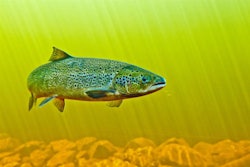
As environmentally sensitive areas begin to recover from the adverse impacts of the pandemic, a new international strategy aims to create a more sustainable future for the Mediterranean and Black Sea.
Among the adverse effects of the coronavirus (COVID-19) pandemic over the past year and a half were drastic reductions in the output of fisheries and aquaculture in the Mediterranean and Black Seas, according to the United Nations’ Food and Agriculture Organization (FAO). As prices dropped sharply, operations were cut back.
In order to develop more sustainable prospects for these sectors, 22 countries in the region and the European Union have launched a new strategic framework. At the online launch attended by ministers and high-level officials from countries in these areas, FAO Director-General Qu Dongyu stressed the importance of sustainable solutions for the post-COVID recovery of the region’s fisheries and aquaculture.
“In building back, we must ensure that recovery efforts focus on the long-term sustainability and resilience of the sectors,” he said.
Backing the 2030 Strategy of the FAO’s General Fisheries Commission for the Mediterranean (GFCM) are inter-governmental and non-governmental organizations (NGOs). The launch marks the start of what is seen as a crucial 10-year period for aquaculture and fisheries. Among those aspects seen as particularly important is the protection of small-scale fishing that is key for household livelihoods.
In welcoming the new strategy, Qu confirmed the support of the FAO for the GFCM, including via its COVID-19 Response and Recovery Programme.
For the European Commissioner for Environment, Oceans and Fisheries, Virginijus Sinkevicius, continued cooperation between affected countries is vital for the success of the new strategy.
Strategy for the Mediterranean and Black Sea
After widespread consultation with affected countries, the GFCM had previously identified a series of three key targets for these European seas. These aim to achieve fairness for the development of aquaculture, while also achieving a more competitive, sustainable, productive, and profitable future.
As seen by the GFCM, the first target is to build an efficient regulatory and administrative framework to secure sustainable aquaculture development. Furthermore, it wants to see enhanced interactions between aquaculture and the environment, while ensuring animal health and welfare. Finally, it is aiming to achieve a balance by facilitating market-oriented aquaculture, while also enhancing public perceptions of this sector.
Building on recent progress
Over the past five years, progress made by the GCFM is seen as encouraging, according to the FAO. In particular, the Commission has adopted a range of conservation and management measures aimed to protect the marine environment. Such measures are seen as vital for the fisheries and aquaculture sectors as they address the growing pressures of climate change, overfishing, and illegal, unreported, and unregulated (IUU) fishing.
Taking these actions to the next level will be the 2030 Strategy. It is hoped that further stakeholder engagement will contribute to the addressing of real and present challenges to the sectors.
Among the other activities of the GCFM was an online workshop. Held online last week, it examined the untapped potential of seaweeds in the Mediterranean Sea and Black Sea regions.
Improving the sustainability of aquaculture chains is also a primary aim of the European Code of Conduct on Responsible Food Business and Marketing Practices. Released this month, among its latest signatories is FEFAC, the European organization of livestock and aquaculture feed manufacturers.













